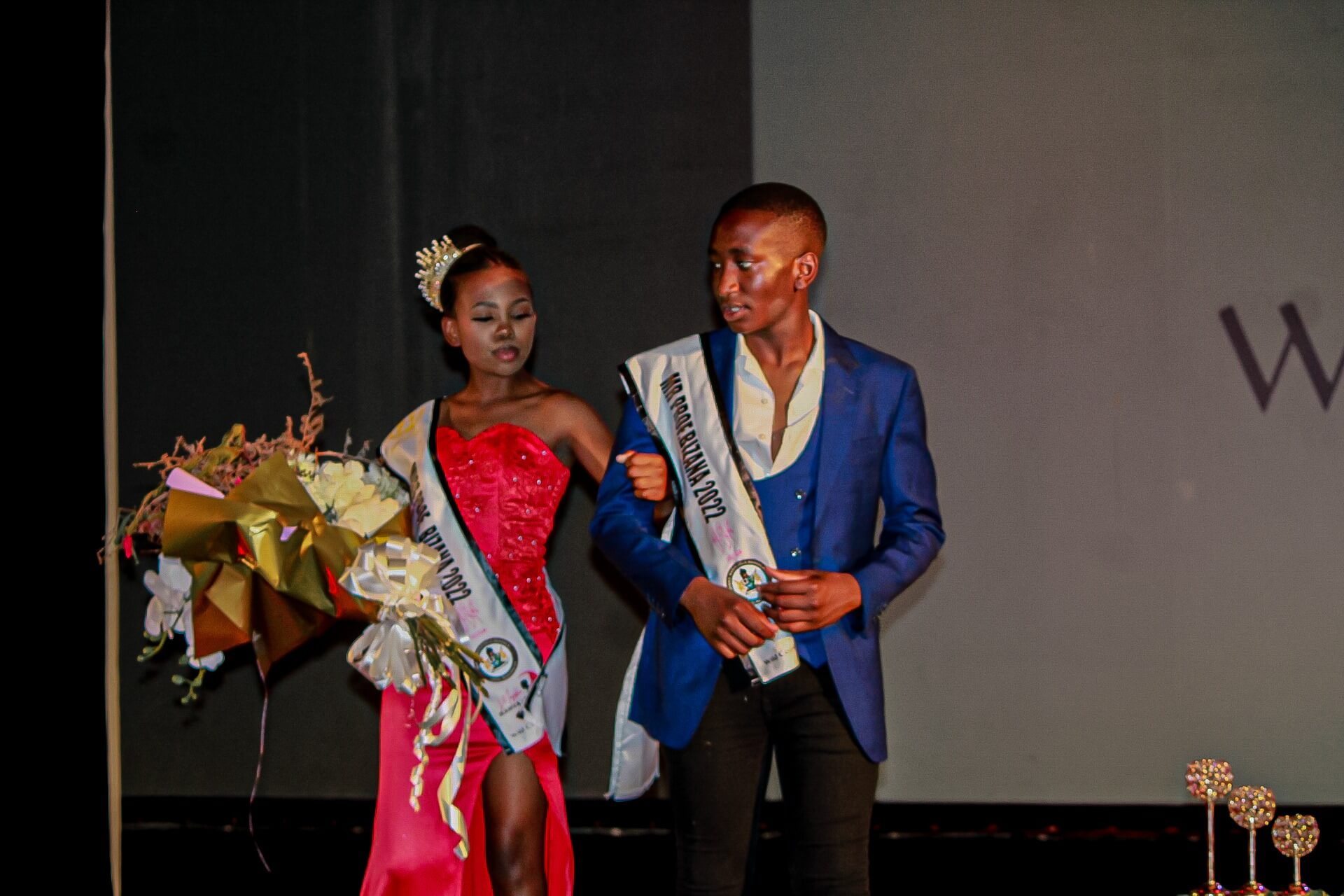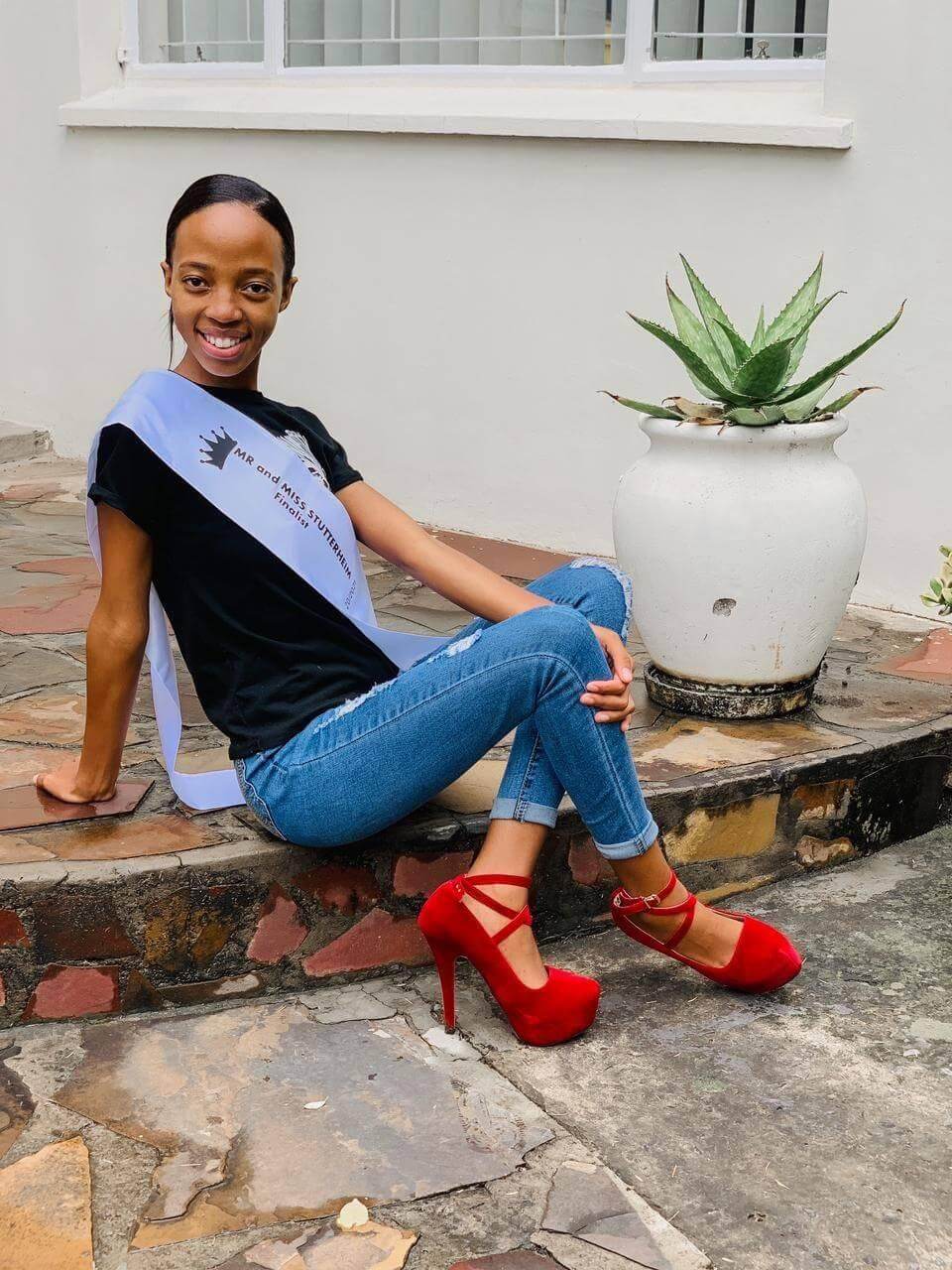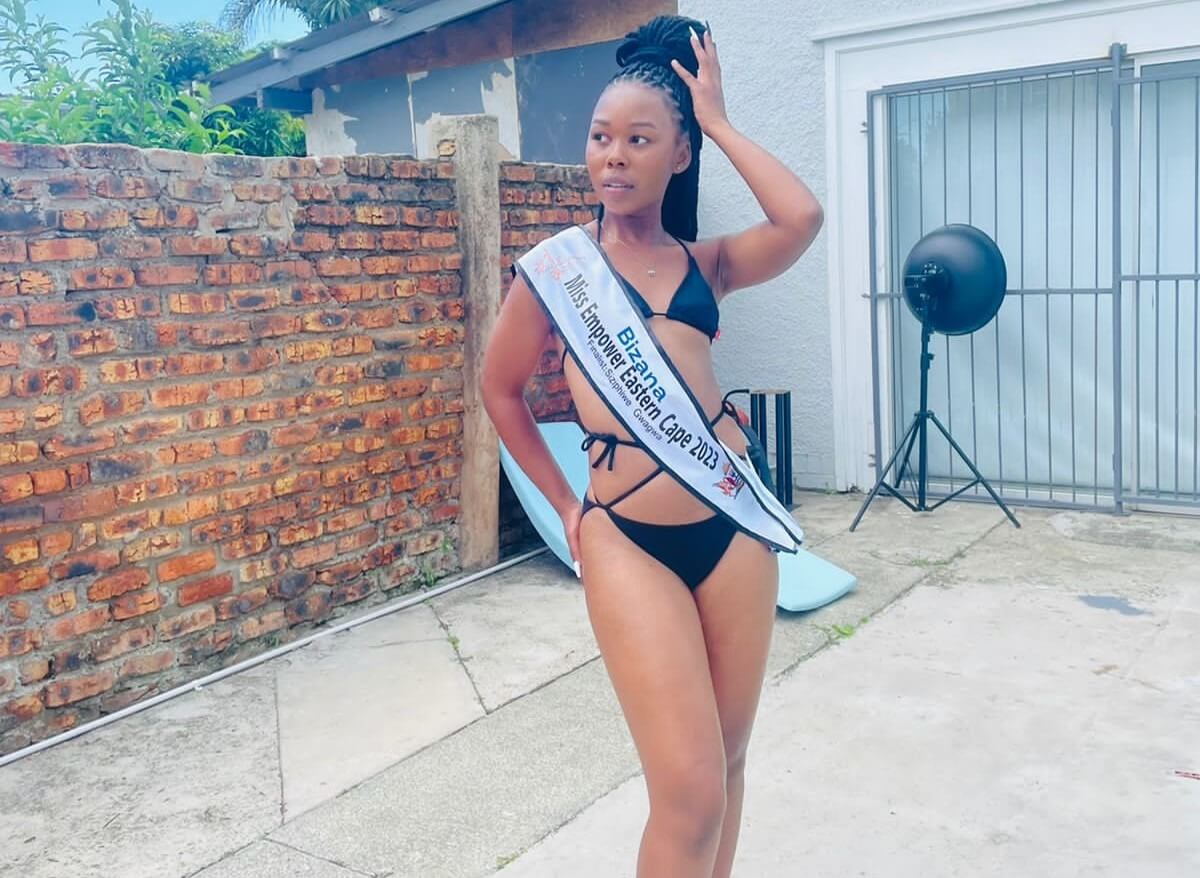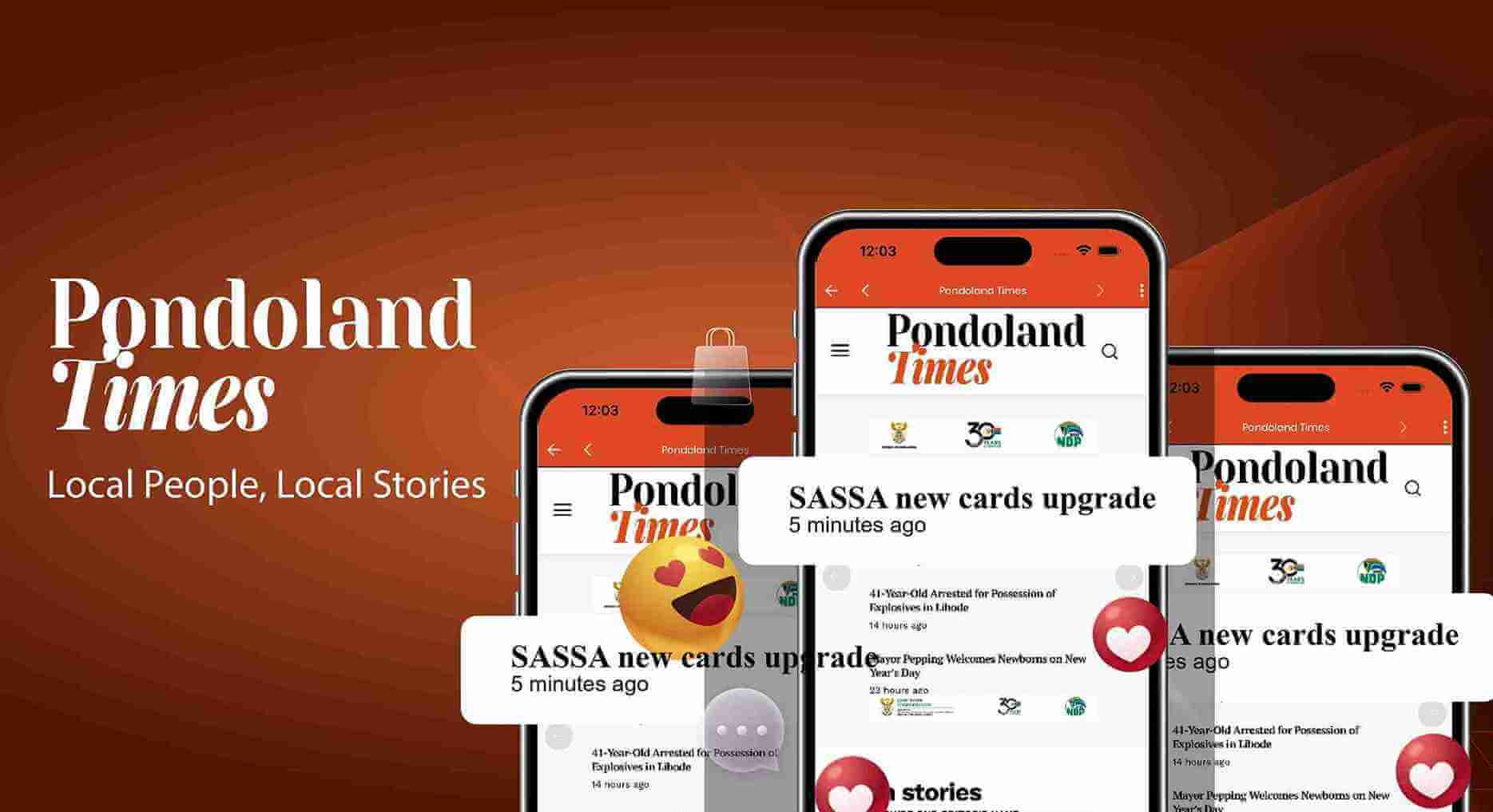
The Eastern Cape, particularly areas like Lusikisiki, grapples with alarming rates of gender-based violence, crime, poverty, unemployment, and a lack of development. Despite efforts by local municipalities, these issues persist, with sexual offenses, including rape, reaching unsettling heights. In this challenging environment, models from these communities have the potential to be catalysts for change. This article explores how models can collaborate with traditional leaders, law enforcement agencies, and NGOs to bring about positive transformations, especially for vulnerable groups such as young girls and men.
Raising Awareness through Visibility:
Models, as public figures, can leverage their visibility to shed light on the issues plaguing their communities. Through social media, public appearances, and interviews, they can raise awareness about the prevalence of gender-based violence, crime, and poverty. By sharing personal stories and experiences, models can humanize these challenges and inspire empathy and support from a wider audience.

Educational Initiatives:
Collaborating with local schools and NGOs, models can initiate educational programs focused on gender equality, self-defense, and life skills. Workshops and seminars can empower young girls with knowledge and tools to protect themselves, while also addressing toxic masculinity and promoting healthy relationships among young men.

Community Engagement and Collaboration:
Models should actively engage with local communities to understand their unique challenges and needs. Collaborating with traditional leaders, law enforcement agencies, and NGOs such as Rising Dawn Reflections, models can contribute to community-based initiatives aimed at preventing gender-based violence. This may include participating in community dialogues, organizing awareness campaigns, and supporting grassroots projects.

Advocacy for Policy Change:
Models can use their platform to advocate for policy changes that address the root causes of gender-based violence and crime. This may involve collaborating with local and national policymakers to push for increased funding for social programs, improved law enforcement strategies, and the establishment of support services for survivors.

Mental Health and Counseling Support:
In collaboration with NGOs specializing in trauma support, models can promote mental health awareness and provide resources for counseling services. The stigma around seeking help for mental health issues often exacerbates the challenges faced by survivors. Models can play a crucial role in normalizing conversations around mental well-being.


Economic Empowerment:
Addressing the underlying issue of poverty is essential in combating crime and gender-based violence. Models can work with local businesses, NGOs, and government agencies to create economic opportunities for community members. This may involve organizing skills development workshops, supporting entrepreneurship initiatives, and advocating for job creation programs.

Models from rural communities, like those in the Eastern Cape, have the potential to be powerful agents of change. By using their influence to raise awareness, promote education, engage with communities, advocate for policy change, provide mental health support, and contribute to economic empowerment, models can help break the cycle of violence and poverty. In collaboration with local leaders and organizations, these initiatives can create a ripple effect, fostering a safer and more prosperous future for all residents.

Subscribe to our weekly newsletter and receive breaking news, sports features, and entertainment directly in your email inbox. Simply complete the form below to stay informed and connected with the latest updates.














I love this.❤️🥹